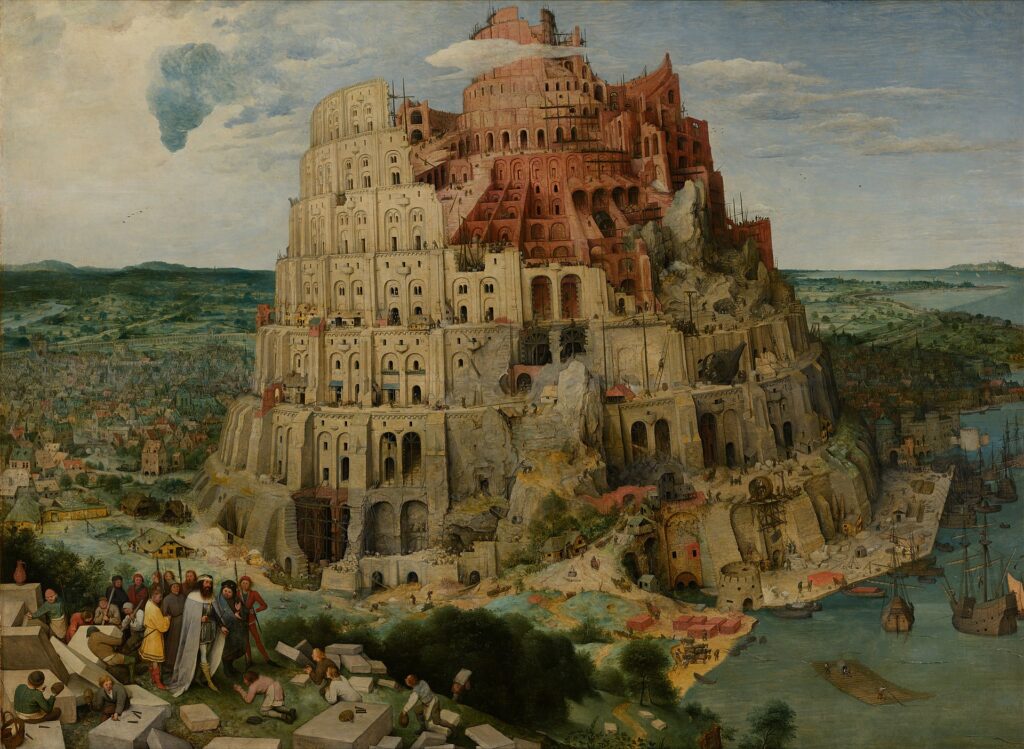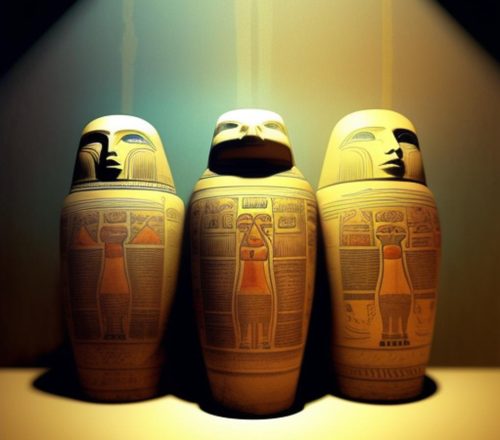
Table of Contents
The tower of Babel
A tower dressed
Against Gods will
Selfish
Fruitless
Empty
Dwelling far away
From truth
True fellowship
Idols
Self gratification
False flags
Dressed against
Divine
Laws of nature
Transgression
Sins
Blasphemy
Symbol of evil pursue
Against God
Tower of Babel
The Tower of Babel is a story from the Bible, found in Genesis 11:1-9. It describes humanity’s attempt to build a tower that reaches the heavens in the land of Shinar (commonly associated with ancient Babylon). The narrative holds deep historical, cultural, and theological significance.
History
The tale of the Tower of Babel is part of the Pentateuch, a collection of the first five books of the Hebrew Bible, traditionally attributed to Moses. Scholars believe that this story may have been composed during the Babylonian exile (6th century BCE) as a way to address the issues of language, unity, and pride among humanity.
Archaeologically, the story might reflect real structures of ancient Mesopotamia known as ziggurats—massive terraced towers built in various city-states. These ziggurats were dedicated to the gods and served as places of worship.
Meaning
The narrative conveys several key themes:
Unity and Diversity: Initially, humanity spoke a single language and worked together, symbolizing unity. However, God introduced diversity by confusing their language, which led to the dispersal of people across the earth. This illustrates the interconnectedness of humanity and the origins of cultural and linguistic diversity.
Human Ambition and Pride: The builders of the tower sought to make a name for themselves and avoid being scattered. This represents human ambition and the desire for self-glorification, which, according to the story, was met with divine disapproval.
The Nature of God: The story underscores the belief in a sovereign God who intervenes in human affairs. It emphasizes the limits of human ambition when juxtaposed with divine will.
Consequences
The consequences of the Tower of Babel story are manifold:
Cultural and Linguistic Diversity: The immediate outcome was the creation of various languages and the scattering of people, leading to the rich tapestry of cultures and civilizations we see today.
Theological Implications: The narrative serves as a theological reflection on pride, the limits of human capabilities, and the nature of divine intervention. It warns against overreaching ambition and self-sufficiency without acknowledging God.
Symbolic Legacy: Over time, the Tower of Babel has become a metaphor for confusion, miscommunication, and the difficulties that arise from diversity. It is often referenced in discussions about globalization, cultural differences, and the challenges of communication in a diverse world.
The Tower of Babel story is a profound narrative with historical roots in ancient Mesopotamia, rich in meaning concerning human ambition and divine authority, and significant consequences that extend into contemporary discussions of language, culture, and unity.
Thank you for reading, shares and comments!
✨ Comment Policy ✨
We welcome thoughtful, kind, and constructive comments that contribute to meaningful conversations.
Please note:
- Promotional links and unsolicited offers will be removed.
- Spam, irrelevant content, or self-promotion without prior permission will not be published.
- We value quality engagement over quantity — thank you for helping us keep this a respectful and inspiring space!
Take time to learn
Invest in your future
Embark on a journey into the realm of affiliate marketing and craft your own website within a vibrant, supportive community. Join me in this adventure, where you can begin as a free starter and stay as long as you desire. Enjoy complimentary hosting and foundational teachings to set you on your path. For those with advanced skills, opportunities to elevate your expertise await. Take a moment to explore and witness the magic for yourself!




